Advancing rights, ending AIDS: Strengthening the HIV response
On World AIDS Day, IDLO launched a new report: Equal Rights, Equal Treatment, Ending AIDS: Strengthening and expanding HIV-related legal services and rights.


IDLO's work includes strengthening the legal response to HIV and AIDS in developing nations; fostering awareness of public health goals and human rights among government officials, and among those communities most at risk of HIV infection; and building lawmakers' capacity for reform based on evidence, international law and best practice.
We also work with United Nations agencies to scale up joint efforts towards zero HIV discrimination. Developed in partnership with UNAIDS and UNDP, our Scaling up HIV-Related Legal Services toolkit has been distributed in six languages (English, French, Spanish, Arabic, Chinese and Russian). Separately, we have launched multilingual e-learning courses on HIV Law and Policy.
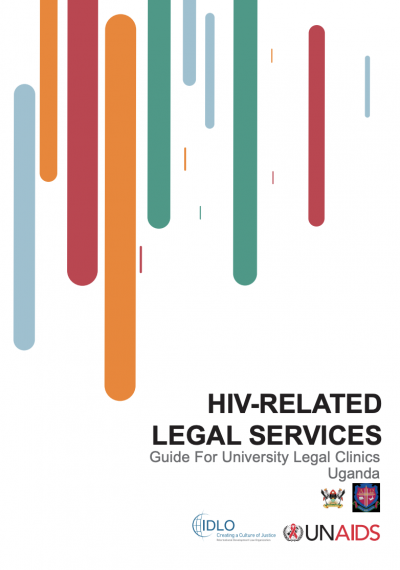
HIV-Related Legal Services - Guide for University Legal Clinics Uganda
The objective of this handbook is to assist law lecturers, legal clinic managers and law students in Uganda to respond effectively to the HIV epidemic. Effective responses include providing HIV-related legal advice and litigation support; leading in research on HIV-related law and human rights; and advising the government on HIV-related legislation, and the implementation of related laws and policies.
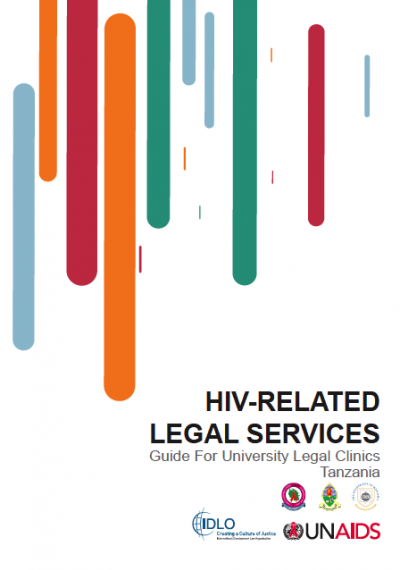
HIV-Related Legal Services - Guide for University Legal Clinics Tanzania (English, Swahili)
The objective of this handbook is to assist law lecturers, legal clinic managers and law students in Tanzania to respond effectively to the HIV epidemic. Effective responses include providing HIV-related legal advice and litigation support; leading in research on HIV-related law and human rights; and advising the government on HIV-related legislation, and the implementation of related laws and policies. Swahili: Huduma Za Kisheria Zinazohusiana Na Vvu - Mwongozo kwa Kliniki za...
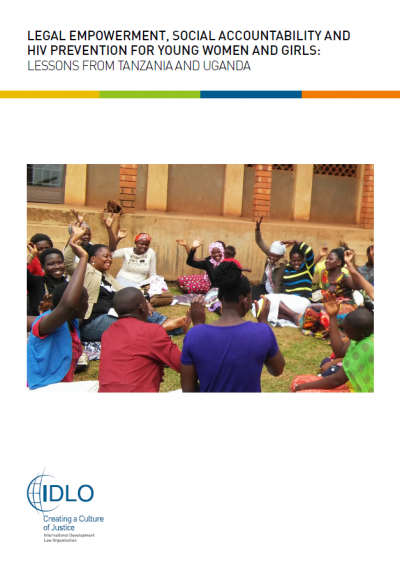
20 October, 2020 Legal Empowerment, Social Accountability and HIV Prevention for Young Women and Girls: essons from Tanzania and Uganda reviews IDLO's programming in Tanzania and Uganda which integrated legal empowerment and social accountability strategies to accelerate justice for women and girls. Implemented as part of the DREAMS Innovation Challenge, IDLO's program aimed at reducing new HIV infections among adolescent girls and young women by strengthening demand for...
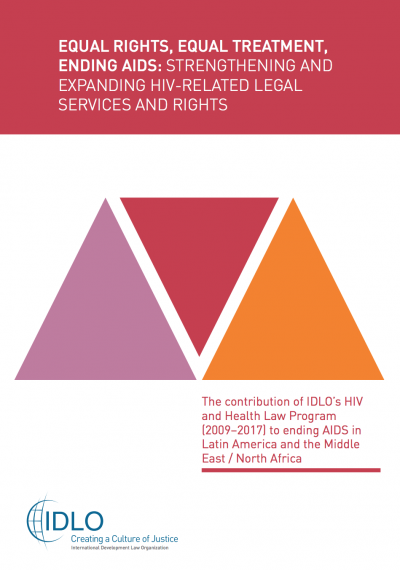
(ENGLISH, ARABIC, SPANISH) This report describes the contribution of IDLO’s HIV and Health Law Program (2009–2017) to ending AIDS in Latin America and the Middle East and North Africa regions. It details six approaches to strengthening legal services, and gives examples from different countries to illustrate how the approaches worked in a real-life setting.

Human rights protections in the law related to HIV and AIDS in Benin 29 June, 2016
As part of IDLO's program in Benin, the Benin Association for Law Development and IDLO, with the support of UNAIDS and OFID (the funding partner), developed the booklet: “Human rights protections in the law related to HIV and AIDS in Benin”. The booklet acts as a law guide for a broad audience in Benin communities, and primarily uses illustrations to communicate HIV/AIDS legal information.
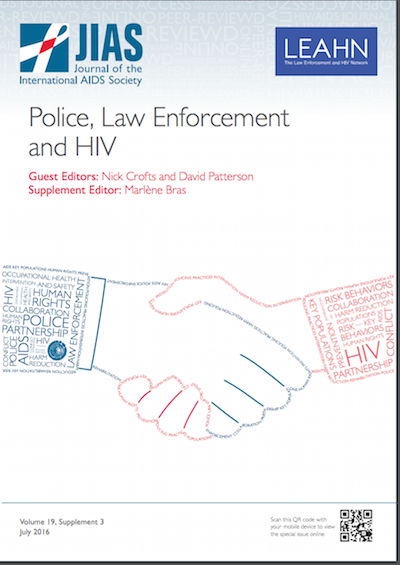
Special Issue on Police, Law Enforcement and HIV
World leaders have committed to ending AIDS by 2030 as part of the Sustainable Development Goals, but stigma and discrimination remain significant obstacles. In particular, police are critical, front-line determinants of risk for many people living with HIV (PLHIV) and members of other key affected populations (KAPs). The negative impact of adverse police behaviors and practices on HIV risk is well documented, and these risks undermine global efforts to end AIDS. Far less well documented, and less common, are attempts to ameliorate this impact by working t
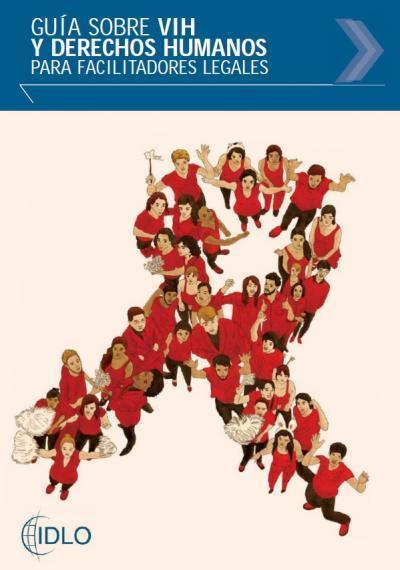
Guia Sobre VIH Y Derechos Humanos: Para Facilitadores Legales
La promoción y protección de los derechos humanos de las personas que viven con el virus de inmunodeficiencia humana (PVV) y de las poblaciones clave (las que tienen más probabilidad de exposición al VIH) es una estrategia fundamental para la respuesta mundial al VIH. Además de salvaguardar la dignidad de estos grupos, esta estrategia ha demostrado ser efectiva a la hora de controlar la propagación del virus. En la región, la vulneración de los derechos de las PVV y de las poblaciones clave...
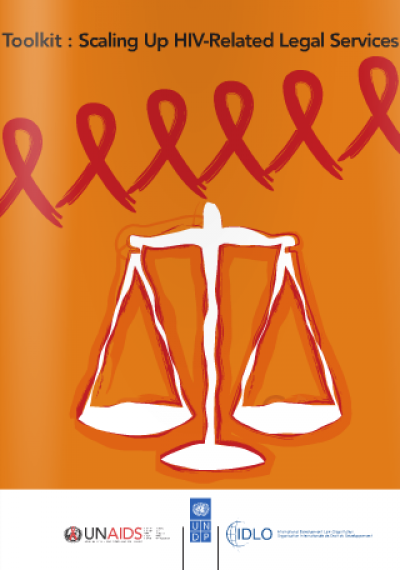
Toolkit: Scaling Up HIV-Related Legal Services (English, Arabic, Chinese, French, Spanish, Russian)
The purpose of the toolkit is to provide a practical resource to help to improve the quality and impact of HIV-related legal services and to expand their availability. The toolkit provides guidance on factors to be taken into account when designing and scaling up an HIV-related legal services programme. It also provides guidance about different models and approaches for delivering, monitoring and evaluating HIV-related legal services and gives information about resource mobilization
On World AIDS Day, IDLO launched a new report: Equal Rights, Equal Treatment, Ending AIDS: Strengthening and expanding HIV-related legal services and rights.

International law and national constitutions confirm the central role of the State in respecting, protecting and fulfilling the right to health, including through the regulation of the health sector and services, and of other sectors which affect the social determinants of health.

IDLO CURSO EN LINEA - USANDO EL DERECHO Y LAS POLITICAS LEGISLATIVAS PARA UNA RESPUESTA EFECTIVA AL VIH/SIDA
Fecha: desde el 13 de noviembre hasta el 10 de diciembre 2017
Donde: Online
Idioma: Español
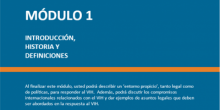
In September and October 2017, IDLO and the Joint United Nations Programme on HIV and AIDS (UNAIDS) organized 2 workshops and a dialogue forum in Uganda and Tanzania convening law students and legal academics to discuss the role of the law in national and global HIV responses.
One of the challenges in scaling up HIV-related legal services is the limited number of knowledgeable, skilled and committed lawyers to provide such services. Part of the solution therefore lies in building the capacity of law schools to ensure law graduates are equipped with the necessary knowledge and skills to support human rights-based approaches to HIV. Many universities, including in East Africa, offer clinical legal education programs to give students direct experience of providing legal information to clients.
Can we achieve the SDG health targets without the rule of law? Effective laws and an enabling legal environment are as essential to a healthy society as clean water.

Soda tax in Mexico. Salt limits in South Africa. Plain tobacco packaging in Australia. National health insurance in Ghana. Mandatory motorcycle helmets in Vietnam.
They’re just some of the hundreds of examples of the vital role the law plays in safeguarding and promoting good health around the world.
